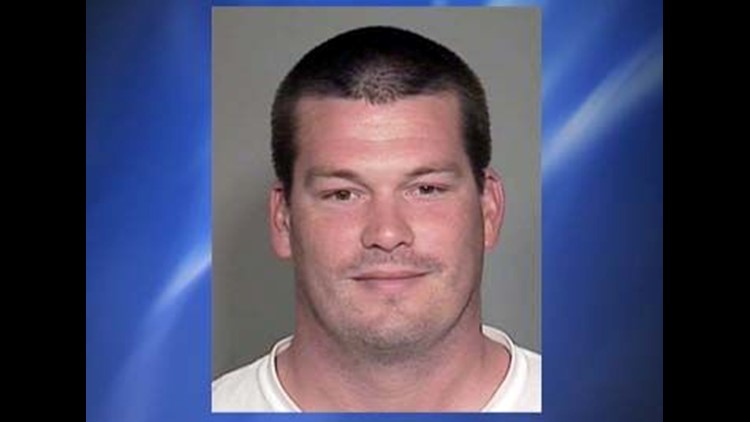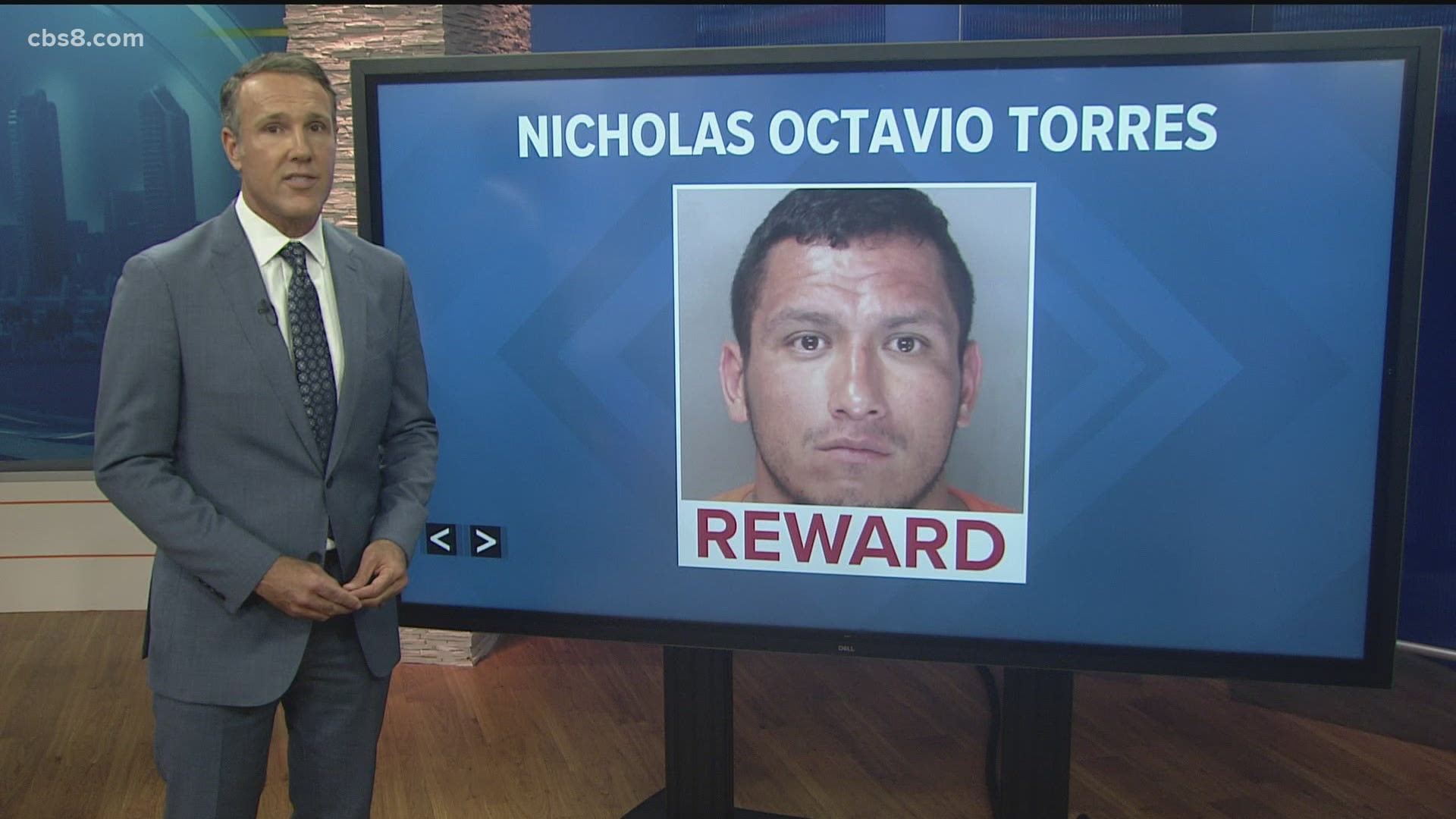SAN DIEGO, Calif. (CBS 8) - The Chelsea King case is raising the questions over the effectiveness of California's sex offender laws. Law enforcers tell News 8 they want to hold sex offenders more accountable, but they just don't have the manpower to do it.
In a signed confession in the year 2000, John Gardner admitted he was a child predator. Ten years later he's suspected of killing Chelsea King.
County Supervisor Dianne Jacob says society needs to stop rolling the dice by releasing sex offenders from prison.
"I think there is only one answer if you violate or commit a crime against a child. It's one strike and you're out, you are either executed or if not you are in prison for life," Jacob said.
John Gardner was a registered sex offender in Lake Elsinore. So why was he staying at his mother's home in Rancho Bernardo?
According to several law enforcers who spoke to News 8, they say it's one thing to sit in an office all day and push paper, but they feel more officers and deputies are needed out in the field knocking on doors and physically verifying that these sex offenders are living where they say they are living.
Ten years ago when Gardner was convicted, Paul Pfingst was the district attorney. He doesn't remember the case.
"It's because there were 25,000 cases in the County of San Diego," Pfingst said.
Pfingst says for a first-time offender, Gardner's six-year prison sentence was appropriate, but he feels the system failed when Gardner got out of prison.
"No one can says the system worked when somebody who is 17 years old is missing and is presumed dead and may have been the victim of a sexual crime that is by definition not working," Pfingst said.
Pfingst blames state lawmakers for a lack of focus. Simply speaking, he feels there are too many sex offender dots on the Megan's Law web site that squander valuable police time by tracking low-level offenders.
"For example, someone who is 20 years old and had consensual sex with a 17-year-old is registered as a sex offender. In 15 years, should that person be followed by law enforcement? I think not," he said.
According to Pfingst, John Gardner should have been classified as a high-risk offender and watched like a hawk.
"But what happens when a convicted sex offender moves to California from another state and refuses to register, breaks the law and tries to blend in with the crowd? How is law enforcement supposed to know that sex offender moved here?" Pfingst said.
Police say their greatest chance of stumbling upon a sex offender who failed to register is through a traffic stop, but you'd never know that from looking at the driver's license.
"In it [driver's license application] the DMV wants to know your name, your physical description, if you'd like to register to vote, if you'd like to donate your organs and if you have any medical conditions, but nowhere in this application does it ask if you are a convicted sex offender," Pfingst said.
Changes in the system that could be made include more resources for law enforcers, simple and powerful laws and longer sentences for first-time offenders.
"How many more times does it take for the majority of our state legislature to learn that enough is enough? One strike and you're out, either execute them or if you don't want to do that, put them in prison for life," Jacob said.
So what happened after Gardner was let out of prison? Who was watching to make sure he didn't offend again? The answer is no one.



